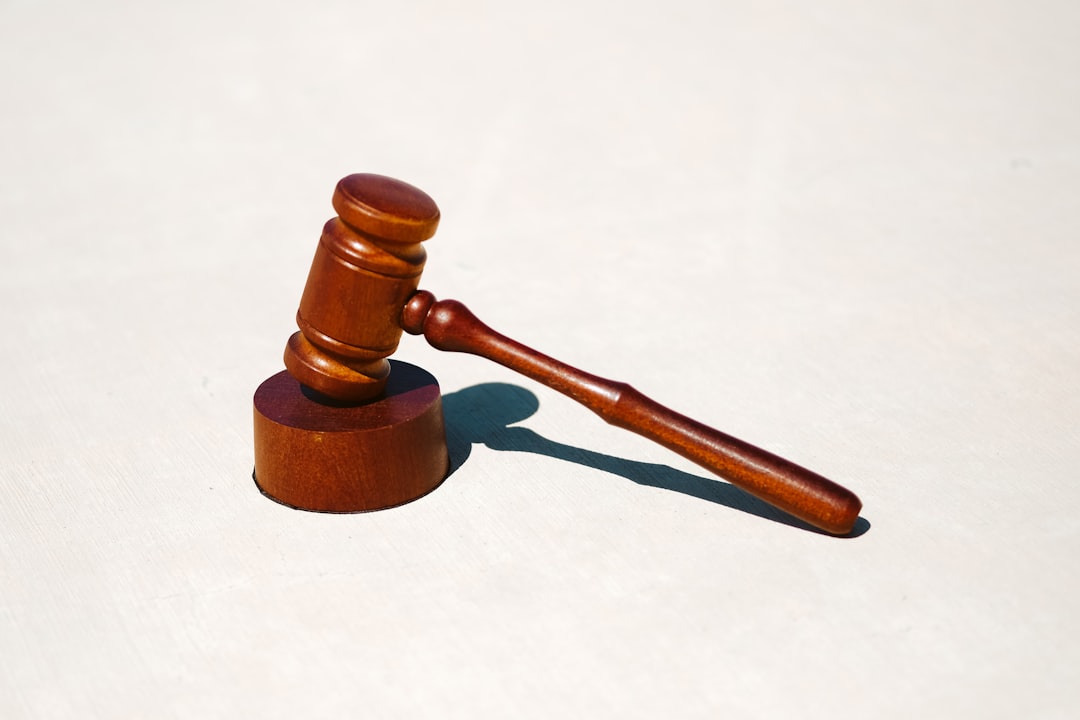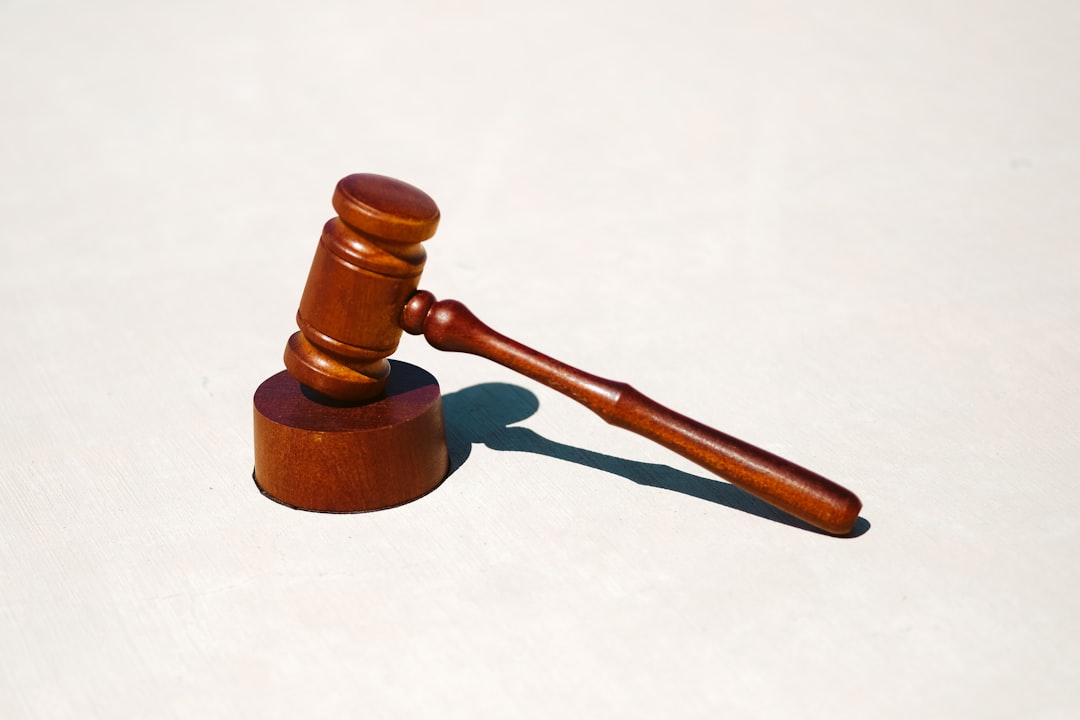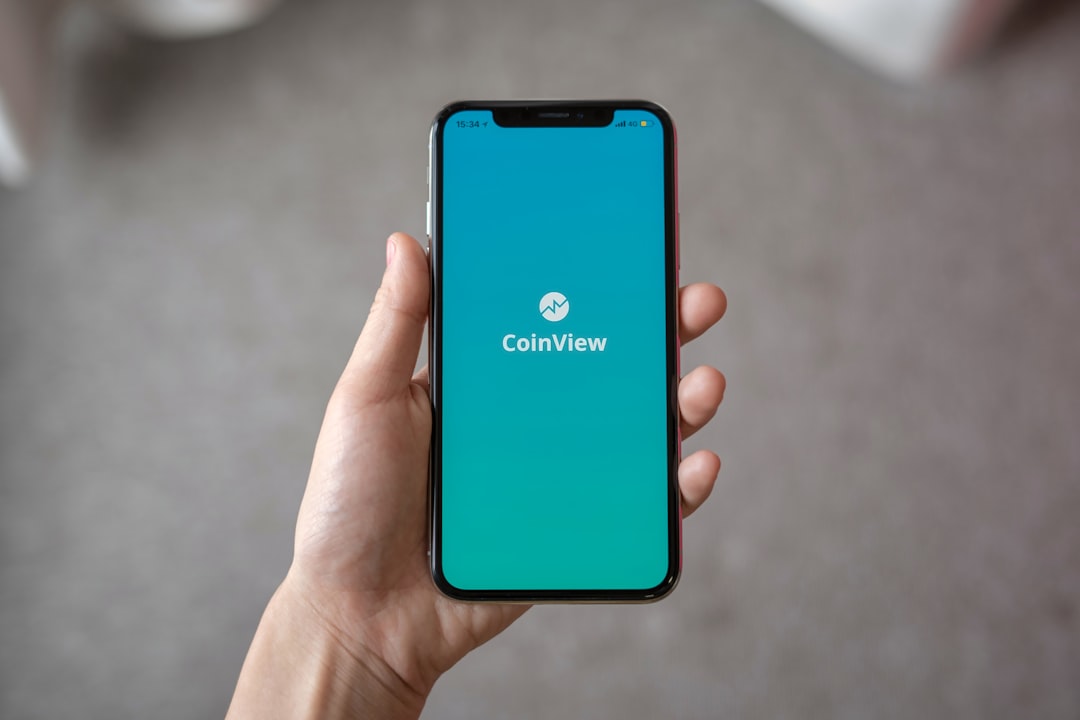In Virginia, unsolicited text message spam (commercial texts without prior consent) is illegal under § 59.1-178 of the Virginia Code. If facing spam, consult a lawyer for spam texts laws Virginia to understand your rights and protect against fines or privacy violations. Key actions include saving/forwarding messages to 7726 (SPAM), reporting them, and filing FTC complaints with legal assistance. For escalated issues, specialists can guide on cease-and-desist letters, FCC complaints, and pursuing spammers for harassment, identity theft, or criminal activities.
In Virginia, text message spam is a prevalent and frustrating issue, but understanding your rights and reporting options can empower you. This comprehensive guide navigates Virginia’s laws and regulations surrounding text message spam, detailing what constitutes illegal activity and outlining clear steps to report unwanted messages. Learn about your rights as a resident and when it’s prudent to consult a lawyer specializing in spam text law in Virginia for expert guidance.
Understanding Text Message Spam in Virginia: Laws and Regulations

In Virginia, text message spam is a prevalent and often frustrating issue for many residents. These unsolicited messages can include promotional content, phishing attempts, or even harassment, leading many to seek relief. Understanding the laws and regulations surrounding text message spam is crucial for both consumers and businesses. Virginia has implemented specific legislation to combat this problem, offering protections to citizens and defining the parameters for legal messaging practices.
If you’re experiencing a deluge of unwanted text messages, especially from unknown or suspicious sources, it might be time to consult a lawyer specializing in spam texts laws in Virginia. These legal experts can guide you through your rights and options, ensuring that any action taken is within the boundaries set by state regulations. They can also help businesses understand how to send text messages legally, avoiding penalties and fostering compliance.
What Does the Law Say About Spam Texts?

In Virginia, like many other states, sending unsolicited text messages, commonly known as spam, is regulated by law. The Virginia Code outlines specific guidelines to protect consumers from unwanted marketing texts. According to § 59.1-178 of the Virginia Code, businesses and individuals are prohibited from sending text messages for commercial purposes to phone numbers on a “do not call” list or without prior express consent from the recipient.
Violations of these laws can lead to legal repercussions, including monetary fines. If you’re experiencing a barrage of spam texts, consider reaching out to a lawyer specializing in spam texts and Virginia laws for guidance on how to proceed. They can help navigate the legal process and protect your rights as a consumer.
Reporting Spam: Steps to Take

If you’re receiving unwanted text messages in Virginia, knowing how to report them is crucial. Here’s a straightforward guide to help you combat spam texts effectively. Start by saving the message and its sender’s contact information as evidence. Then, forward the spam message to 7726 (SPAM). This simple step triggers an automatic response from your wireless carrier, notifying the sender that their messages are unwanted.
Next, consider reaching out to a lawyer for spam texts in Virginia. Legal action can be taken against persistent or aggressive spammers. Your attorney can guide you through the process of filing a complaint with the Federal Trade Commission (FTC) and help ensure justice is served. Remember, standing up against spam messages not only protects you but also contributes to a safer digital environment for all Virginians.
Your Rights as a Virginia Resident

As a Virginia resident, you have certain rights when it comes to dealing with text message spam. While unsolicited marketing texts can be annoying and intrusive, state laws offer protections for consumers. According to the Virginia Department of Professional and Occupational Regulation (DPOR), businesses are prohibited from sending mass text messages for commercial purposes without prior consent. If you receive spam texts from unknown senders or companies that have not obtained your explicit permission, you have the right to report it.
If you’re considering taking legal action against a company engaging in spamming activities through text messages, consulting with a lawyer specializing in consumer protection laws in Virginia is advisable. A legal expert can guide you on the best course of action, help you understand your rights, and ensure that your concerns are addressed effectively. Remember, knowing your rights is the first step towards taking control and stopping unwanted spam texts.
When to Involve a Lawyer for Spam Texts in Virginia

If you’re receiving relentless or suspicious text messages in Virginia, knowing when to involve a lawyer can be crucial. While there are consumer protection laws and reporting mechanisms in place to handle spam texts, legal action may be necessary if the issue escalates or involves severe violations of privacy. A lawyer specializing in telecommunications law or consumer rights can help you understand your rights and take appropriate measures.
They can assist with sending cease-and-desist letters, filing official complaints with regulatory bodies like the Federal Communications Commission (FCC), and even pursuing legal action against the spammers if their behavior amounts to harassment, identity theft, or other criminal activities. If text messages you receive are causing significant distress, financial loss, or violating your personal information, consulting a lawyer for spam texts in Virginia is a prudent step towards resolving the issue effectively.






